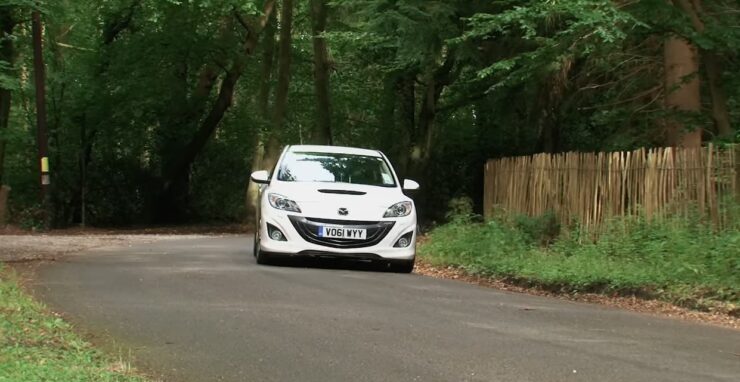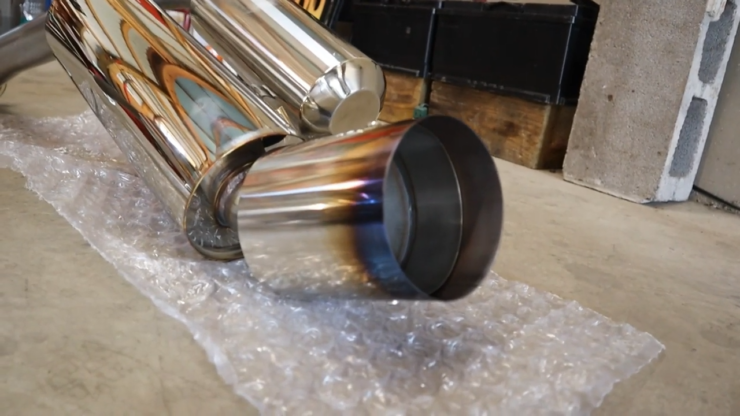Japanese cars have been a popular choice for car buyers worldwide due to their reliability, durability, and fuel efficiency. However, purchasing a Japanese car can be a daunting task for beginners, especially if you are not familiar with the different models and brands. In this article, we will provide you with a beginner’s guide to buying a Japanese car, including what to know before you buy.
Table of Contents
Research
One of the most critical steps to take before buying a Japanese car is research. This step involves gathering as much information as possible about the different models and brands of Japanese cars available in the market. With numerous Japanese automakers Toyota, Honda, Mazda, and Nissan, producing different models of cars, it’s essential to choose one that meets your needs. You can find here the HR-V vs. C-HR performances if you decide on the Toyota model.
You can conduct online research to learn more about the cars’ features, specifications, performance, and customer reviews. Furthermore, you can ask for recommendations from friends or family who own a Japanese car or visit car dealerships to gather information. By conducting thorough research, you can make an informed decision about the car that suits your lifestyle and budget.
Set a budget
One of the most crucial considerations when buying a Japanese car is setting a budget. Setting a budget enables you to determine how much you can afford to spend on a car without affecting your financial stability. When setting a budget, consider the car’s purchase price, insurance, taxes, and maintenance costs.
By doing this, you can prevent financial constraints and ensure that you can afford to maintain the car. Additionally, having a budget can help you narrow down your options and choose a car that fits your financial needs.
Decide on the type of car
Once you have a budget in mind, the next step is to decide on the type of Japanese car that suits your lifestyle and needs. Japanese automakers produce a wide range of vehicles, including small hatchbacks, sedans, coupes, sports cars, and SUVs. Choosing the right car depends on factors such as the number of passengers, cargo space, fuel efficiency, and safety features.
For example, if you have a large family, you may opt for an SUV or minivan with ample space for passengers and cargo. Similarly, if you commute long distances daily, you may want to consider a fuel-efficient car that can save you money on gas.
Check the car’s history
Before purchasing a Japanese car, it’s crucial to check its history. The car’s history includes essential information such as the car’s accident history, service records, and any outstanding liens or loans. This information can help you determine whether the car is worth buying or has any underlying problems.
You can obtain this information by requesting a vehicle history report from the seller or a third-party provider. The vehicle history report provides a detailed overview of the car’s past, including previous accidents, repairs, and any other issues. By checking the car’s history, you can avoid buying a car with hidden problems and ensure that you make an informed decision.
Test drive
Test driving a Japanese car is an essential part of the car-buying process. It allows you to get a feel for the car and assess its performance. During the test drive, pay attention to the car’s acceleration, brakes, steering, and suspension. Also, check the car’s comfort level, including the seats, climate control, and audio system.
A test drive enables you to experience the car’s features and assess its performance. If possible, test drives the car on different terrains, such as hills or highways, to see how it performs in different driving conditions.
Consider fuel efficiency
One of the significant advantages of Japanese cars is their fuel efficiency. However, not all models are created equal, and fuel efficiency varies depending on the car’s model and engine type. When choosing a Japanese car, consider its fuel efficiency and how it can impact your budget.
A fuel-efficient car can save you money on gas and reduce your carbon footprint. Therefore, it’s essential to choose a car with a high MPG (Miles Per Gallon) rating. Japanese automakers such as Toyota and Honda are known for producing fuel-efficient cars, and you can check the car’s MPG rating online or at the dealership.
Check safety ratings
Safety is a crucial consideration when buying a car, and Japanese cars are known for their high safety ratings. However, it’s essential to check the car’s safety features and ratings before making a purchase. The car’s safety ratings are determined by various organizations, such as the National Highway Traffic Safety Administration (NHTSA) and the Insurance Institute for Highway Safety (IIHS).
These organizations test the cars’ safety features, including crash tests, to determine their safety ratings. Therefore, it’s crucial to check the car’s safety ratings and features to ensure that you and your passengers are safe while driving.
Consider aftermarket parts availability
Aftermarket parts refer to car parts that are not manufactured by the original carmaker. These parts are widely available and can be used to repair or upgrade the car. When buying a Japanese car, it’s essential to consider the availability of aftermarket parts.
Japanese cars are known for their reliability and durability, but they can still require repairs or upgrades. Therefore, it’s essential to choose a car with readily available aftermarket parts to avoid delays and high repair costs.
Negotiate the price
Once you have found the Japanese car that meets your needs and budget, the next step is to negotiate the price. Negotiating the price can help you save money and get a better deal. Before negotiating the price, research the car’s market value and compare prices from different dealerships.
This information can give you leverage during negotiations and ensure that you get a fair price. Additionally, you can ask for additional incentives such as free maintenance, extended warranties, or accessories to sweeten the deal.
Conclusion
Buying a Japanese car can be a rewarding experience if you take the time to research and consider your options. By following this beginner’s guide, you can make an informed decision and choose a car that meets your needs and budget.







